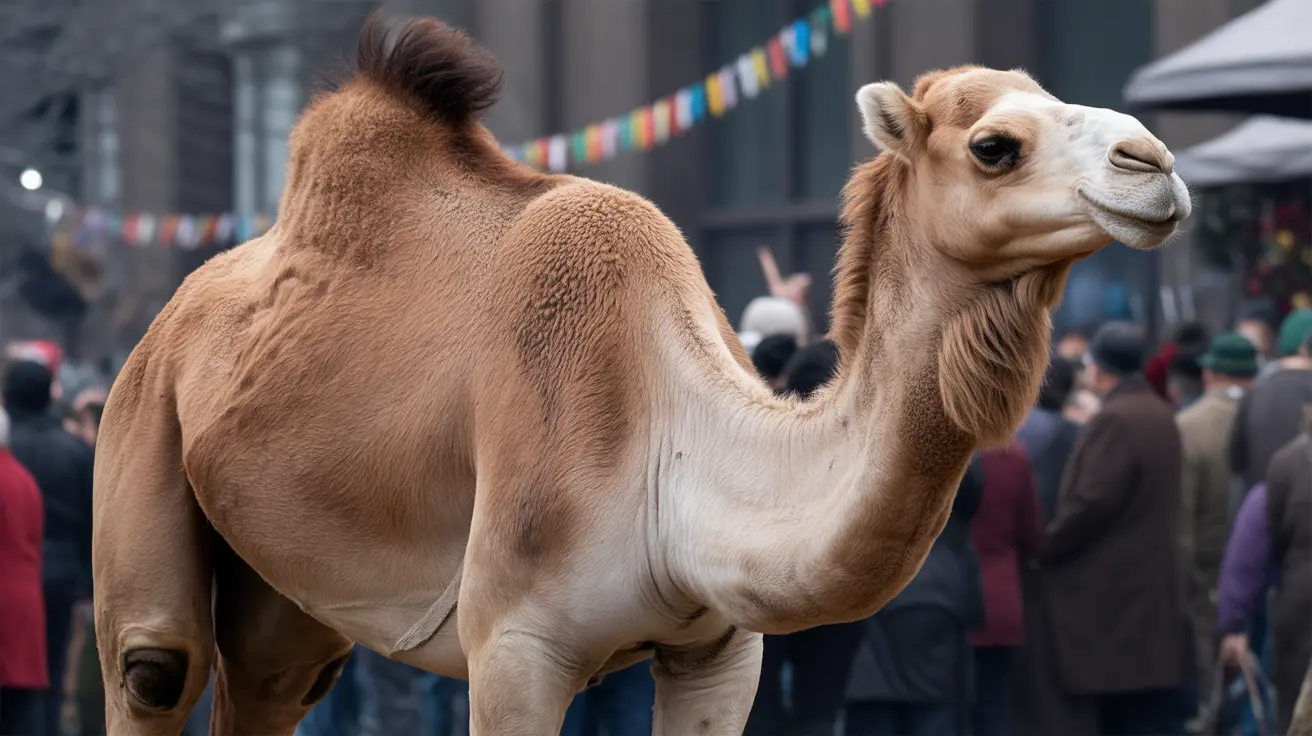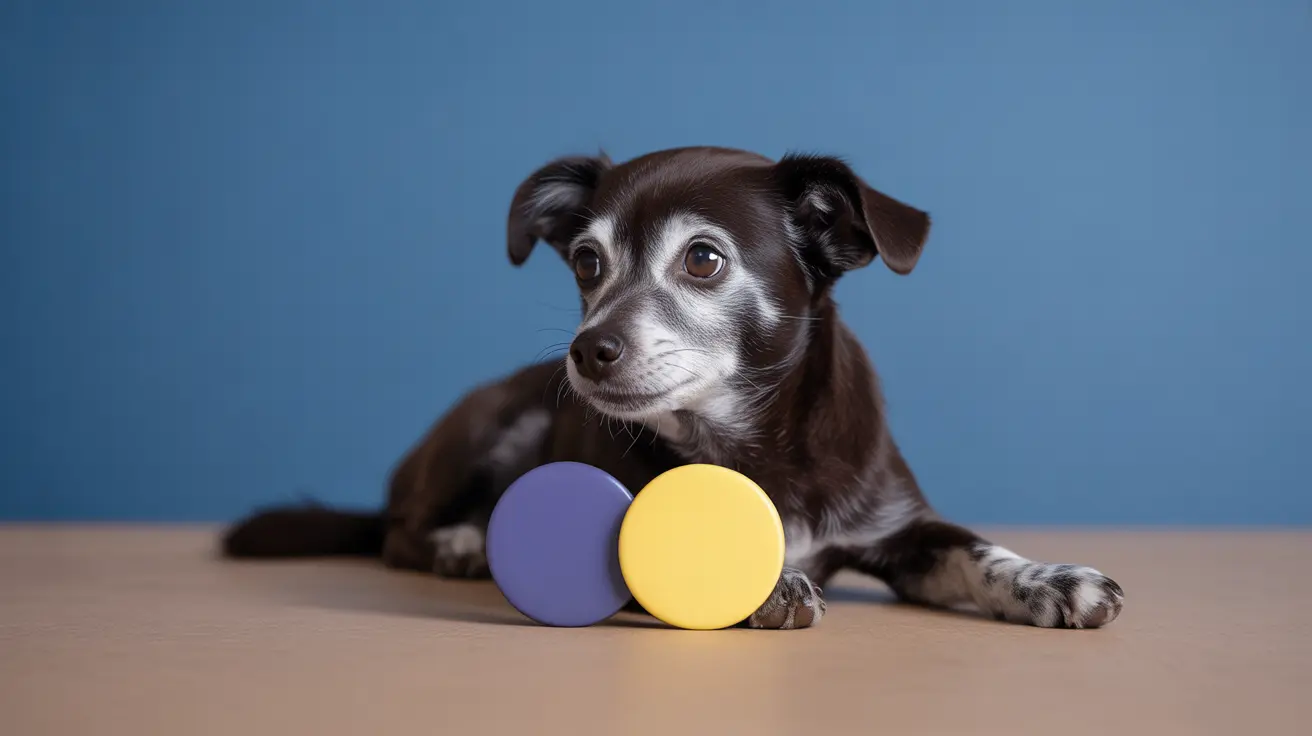Do Cats Get Attached to One Person? Understanding Feline Bonds
Many people believe that cats are aloof and independent, but anyone who lives with a feline knows there's more to the story. While cats may not show attachment in the same way that dogs do, they are far from indifferent. In fact, many cats form strong emotional bonds with their human companions, and quite often, they attach deeply to one specific person. But how does this attachment form, and what are the signs? Let’s explore the fascinating emotional world of domestic cats.
Why Cats Attach to One Person
Cats are territorial and cautious by nature. Unlike pack animals, they don’t inherently form social hierarchies with others. However, they are capable of forming close bonds with humans, especially when they feel safe and secure. Several factors contribute to a cat choosing one person over others:
- Positive Experiences: Consistent feeding, gentle interactions, and play time help build trust and affection.
- Body Language Sensitivity: Cats are excellent at reading human body language. A calm, predictable person might be more appealing to them.
- Personality Match: Cats may gravitate toward individuals whose energy aligns with theirs — relaxed cats may prefer quieter people, for instance.
- Early Socialization: Cats that are socialized with humans at a young age are more likely to form attachments.
Signs Your Cat is Attached to You
Wondering if you’re your cat’s favorite? Look for these signs:
- Follows You Around: Your cat may follow you from room to room, even just to be in your presence.
- Kneading and Purring: These actions often mean your cat feels content and safe with you.
- Bringing You ‘Gifts’: A token of affection, even if it’s a dead insect or feather.
- Sleeping Near You: Cats only sleep deeply when they feel secure, so if they choose to nap beside you, it’s a big compliment.
- Making Eye Contact and Slow Blinking: Slow blinking is a cat’s way of showing trust and affection.
How to Strengthen Your Bond
If your cat hasn’t clearly chosen you as their favorite yet, don’t worry — there are ways to build a stronger bond:
- Respect Their Space: Let them come to you rather than forcing affection.
- Daily Playtime: Use interactive toys to stimulate their hunting instincts and build a connection.
- Routine and Consistency: Cats find comfort in routine, which builds security and attachment.
- Positive Reinforcement: Treats and praise can encourage them to see you as a source of good things.
When Attachment Becomes Anxiety
Attachment is healthy, but overly intense bonding can lead to separation anxiety. Signs include:
- Excessive meowing or vocalizing when you leave
- Destructive behavior in your absence
- Loss of appetite or changes in litter box habits
If these occur, consult with a veterinarian or feline behaviorist. Solutions may include environmental enrichment, scheduled playtime, or pheromone diffusers to reduce stress.
Breed Tendencies and Attachment
Some breeds are more likely to become one-person cats:
- Siamese: Intensely loyal and often shadow their favorite human.
- Maine Coon: Gentle giants who often prefer one person while being sociable with others.
- Russian Blue: Reserved but deeply loving to their chosen human.
- Ragdoll: Known for gentle cuddling with their favorite person.
Conclusion
While not all cats will display overt signs of attachment, many form strong emotional bonds with one particular person. Understanding your cat’s signals and needs is the first step to nurturing this special relationship. Whether it's through daily routine, gentle petting, or just sharing a quiet moment, the bond with your cat can be as deep and meaningful as any other pet-human relationship — if not more so.





